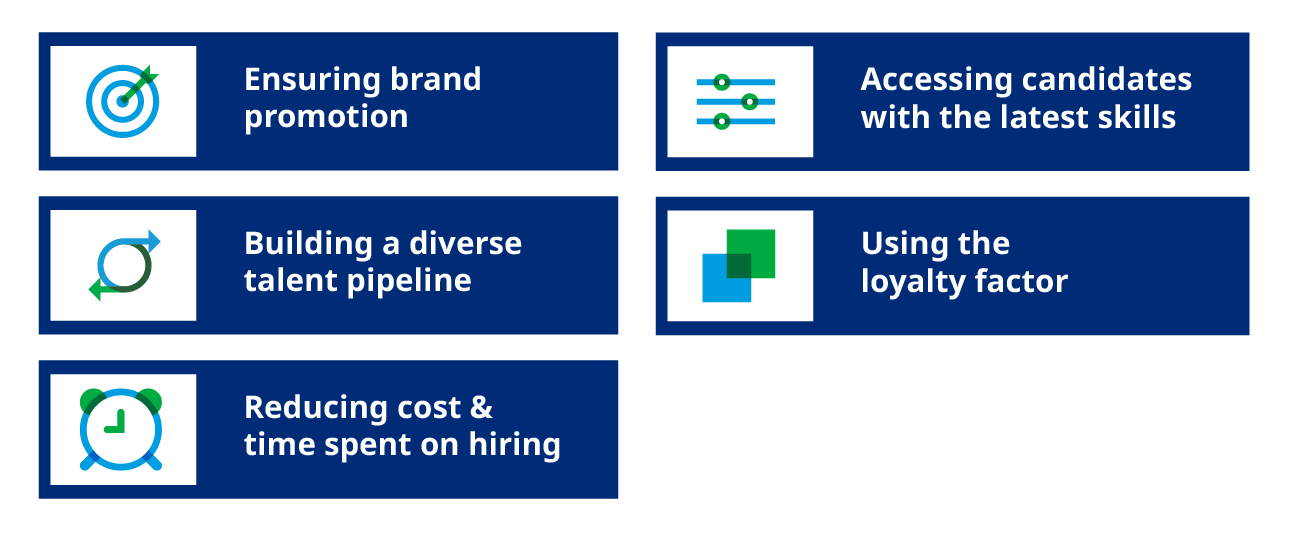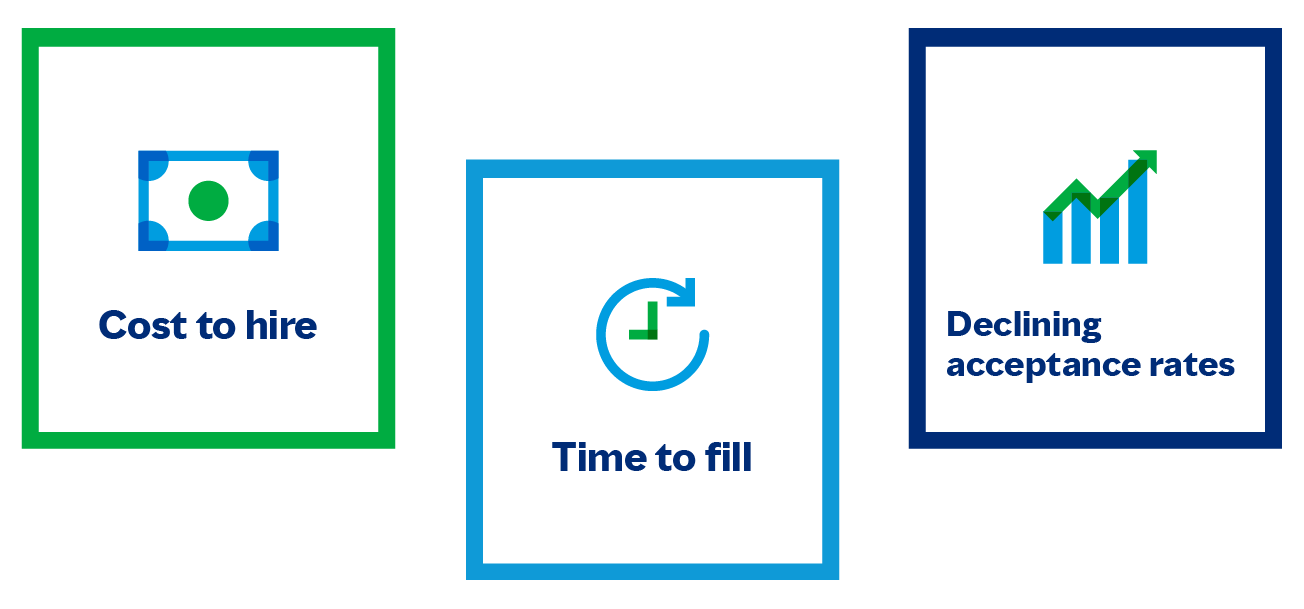Overview
A campus recruiter is required to attract, assess, and hire college students and graduates for entry-level positions in the organization. The role of a campus recruiter revolves around building a steady talent pipeline of qualified candidates for the organization.
- Building relationships with educational institutes
Campus recruiters are responsible for building and nurturing relationships with colleges and universities. They are also required to collaborate with the faculty and the career services offices of institutes to understand the environment of the college or university and to get access to potential candidates.
- Organizing and managing campus recruitment drives
Campus recruiters are also responsible for organizing workshops, information sessions, career fairs, and other events to engage with students and promote the organization’s employer brand.
- Branding and becoming the employer of choice
An organization should seem like a desirable and attractive place to work for potential candidates. That is why the job role of the campus recruiter also includes promoting the organization as an employer. They are required to develop strategies that can help them highlight the culture, values, and career opportunities at the organization.
One of the prime responsibilities of the campus recruiter is to actively search for and identify top talent by utilizing various recruitment channels to connect with potential candidates, like attending networking events, reviewing resumes, and conducting on-campus interviews.
- Interviewing and selection
Campus recruiters are required to coordinate with college hiring managers and ensure that there is an alignment between the needs of the organization and candidate profiles. They are also required to conduct interviews, evaluate the skills and qualifications of candidates, and assess if they will be a suitable cultural fit for the organization.
- Organizing internship programs
Campus recruiters also organize and manage internship programs, from the recruitment and onboarding of interns to evaluation for identifying high-performing interns who can be offered full-time employment opportunities.
- Managing administrative tasks
Campus recruiters are also responsible for handling campus recruitment-related administrative tasks, like managing candidate databases, coordinating logistics for campus events, scheduling interviews, etc.
- Collaborating with internal stakeholders
Campus recruiters must work closely with hiring managers and stakeholders in the organization to understand their needs and preferences for campus recruiting. They are also supposed to deliver regular feedback and updates about how the campus recruiting program is progressing.
- Reporting and data analysis
Campus recruiters must generate reports to assess the success of their present campus recruiting strategies, so data-driven improvements can be made. For this, the campus recruiter must track and analyze key metrics related to campus recruitment, such as conversion rates, candidate demographics, and average time-to-fill.










 Behavioral Competencies
Behavioral Competencies Cognitive Competencies
Cognitive Competencies Coding Competencies
Coding Competencies Domain Competencies
Domain Competencies



































